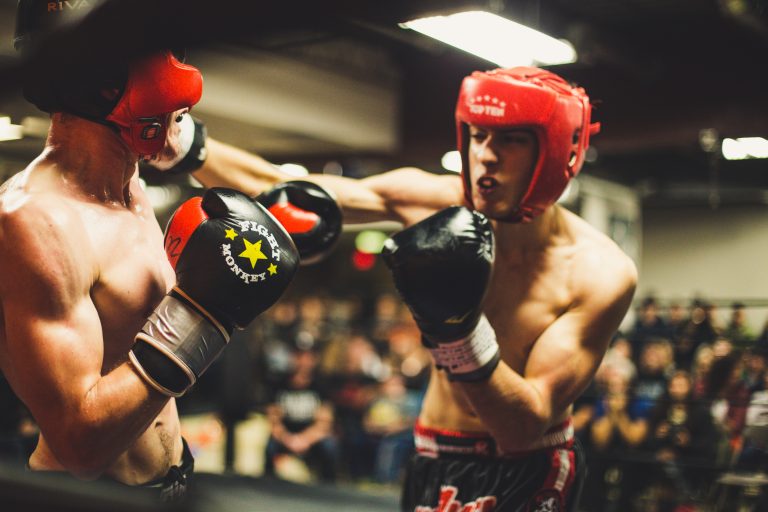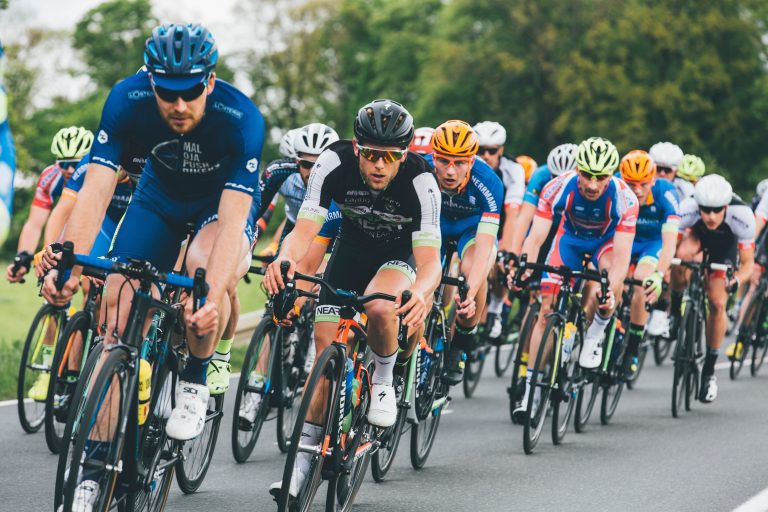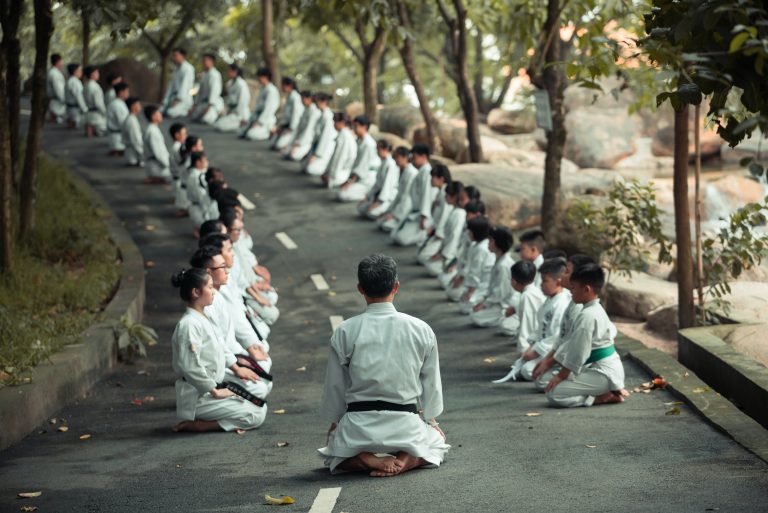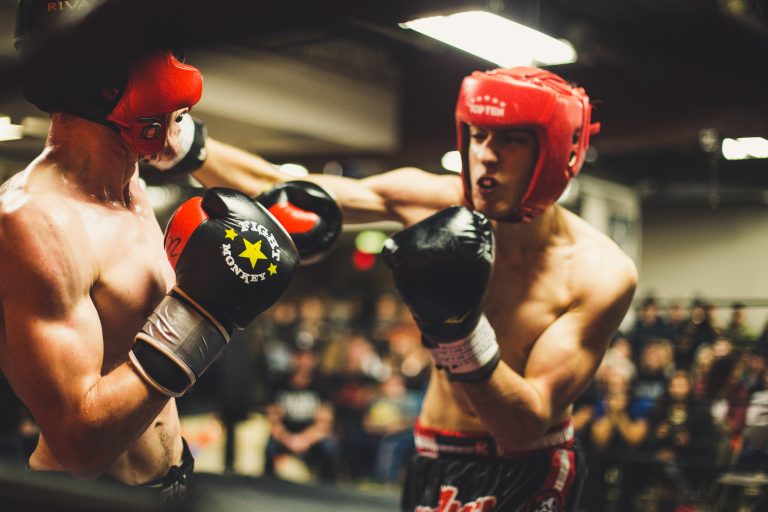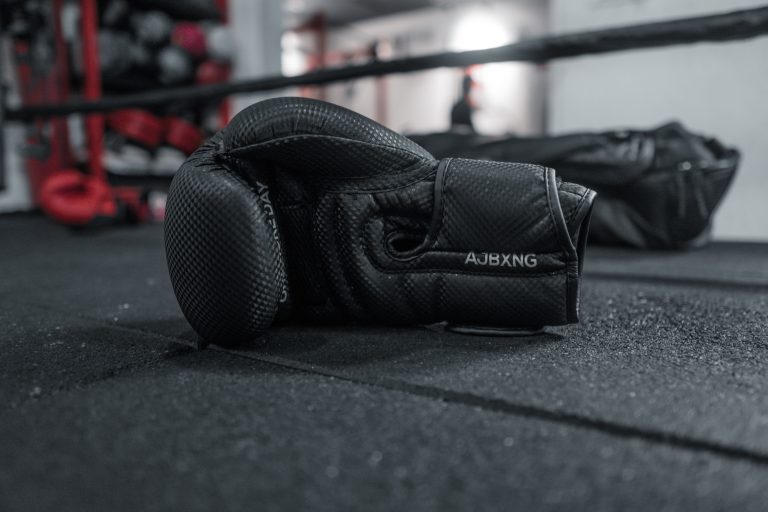Karate for Children: A Sensible Training for the Development of Motor Skills?
Karate is not just a combat sport or martial art, but it is also a discipline that provides numerous benefits to children who practice it. Among these benefits is the development of motor skills. In this post, we’ll explore how karate can help children improve their motor skills, which is essential for their overall development.
What are Motor Skills?
Motor skills are abilities that enable an individual to coordinate and control their muscles to perform specific tasks. There are two types of motor skills, gross motor skills and fine motor skills.
- Gross motor skills involve movements of the large muscles, such as running, jumping, and throwing.
- Fine motor skills, on the other hand, involve movements of the small muscles, such as writing and drawing.
Both types of motor skills are critical for a child’s development, but often, fine motor skills are the focus of attention. However, gross motor skills are just as important since they provide a foundation for essential movements and abilities that a child needs later in life. For this reason, karate can act as a sensible training activity for the development of both gross and fine motor skills.
How Karate Can Help Children Develop Motor Skills
Karate is an excellent form of physical exercise that involves many types of movements that can help children develop their motor skills. Here are some of the ways in which karate can help:
- Improved Coordination: Karate involves coordinating the movements of different parts of the body. Children learn to control their arms and legs movements simultaneously, and this helps to develop their overall coordination.
- Balance and Posture: Karate training involves different stances, which require balance and proper posture. Over time, this can improve a child’s balance and posture, which are key skills for a variety of activities like sports, dance, and everyday movement.
- Flexibility: In karate, children perform many stretching exercises, which improve their flexibility. Flexible muscles work better and help prevent injuries. As children become more flexible, they also develop greater control over their movements.
- Strength: Karate uses various techniques that require strength and power, such as punching and kicking. Over time, this helps to improve a child’s overall strength, which is essential for overall health and fitness.
Conclusion
Karate is an excellent activity for children that helps them develop both gross and fine motor skills. Karate training improves a child’s coordination, balance and posture, flexibility and strength. Children who practice karate also develop Self-discipline, self-control, and confidence. It’s an enjoyable and accessible activity that can benefit children of all ages and abilities. If you’re looking for an activity to improve your child’s motor skills, consider enrolling them in a karate class.
Karate for Children: A Sensible Training for the Development of Motor Skills?
One of the most popular martial arts for children is karate. It is not only an excellent form of exercise, but it also teaches self-defense and discipline. Many parents often wonder if karate is really beneficial for their children, especially in terms of developing their motor skills. In this blog post, we will answer some of the most frequently asked questions about karate for children and its impact on their motor skills.
What are motor skills?
Motor skills are the ability to perform physical activities that involve coordinated movement of muscles. There are two types of motor skills: gross motor skills and fine motor skills. Gross motor skills involve the larger muscles of the body, including those used for running, jumping, and climbing. Fine motor skills involve the smaller muscles, such as those used for writing, buttoning a shirt, or tying shoelaces.
How does karate training help develop motor skills in children?
Karate training requires a combination of gross and fine motor skills. Karate techniques, such as punches, kicks, and blocks, involve gross motor skills, while kata (a series of movements performed in a specific order) and kihon (basic techniques) require fine motor skills.
Karate training helps develop motor skills in children in several ways, including:
- Improving balance and coordination: Karate training involves moves that require balance and coordination, which helps children develop these skills.
- Enhancing flexibility: The stretching exercises that are a part of karate training help improve children’s flexibility, which is important for overall physical health and well-being.
- Increasing strength: Karate training involves various physical activities that can help children develop overall body strength.
- Improving reaction time: Karate training involves responding quickly to a stimulus, which helps improve children’s reaction time and reflexes.
- Developing focus and concentration: Karate training involves following instructions and paying attention to details, which helps children develop focus and concentration.
At what age can children start karate training?
Children can start karate training as young as 3 years old. However, it is important to choose a dojo (karate school) that is experienced in teaching young children. The training program should be designed to be age-appropriate and should focus on developing basic motor skills.
What are some tips for parents of children learning karate?
Here are some tips for parents of children learning karate:
- Encourage your child to practice regularly: Regular practice is important for developing motor skills and improving overall performance. Practice should be done under the supervision of a qualified instructor.
- Ensure proper equipment: Proper equipment, such as a karate gi (uniform) and protective gear, should be worn during training sessions to ensure safety and optimal performance.
- Reinforce positive behavior: Karate training emphasizes discipline and respect. Parents can reinforce this behavior by praising their child for good behavior and correcting negative behavior in a positive manner.
- Promote a healthy lifestyle: Karate training is just one aspect of a healthy lifestyle. Parents should encourage their children to eat a balanced diet, get enough sleep, and engage in other physical activities.
Conclusion
Karate training can be a valuable tool for developing motor skills in children. In addition to physical benefits, it can also teach discipline, self-defense, and respect. However, it is important to choose a dojo that is experienced in teaching young children and to ensure that the training program is age-appropriate. With regular practice and a positive attitude, children can benefit greatly from karate training.
Inhaltsverzeichnis

